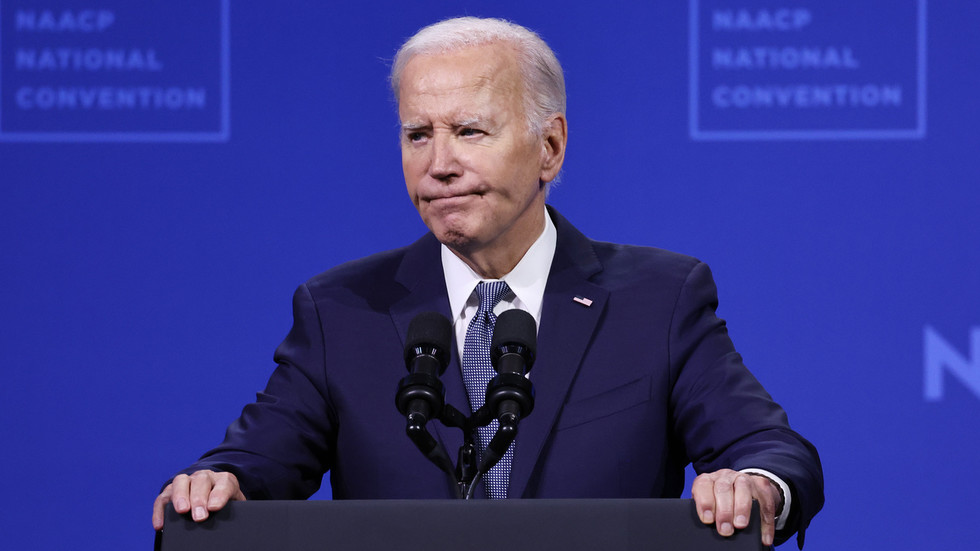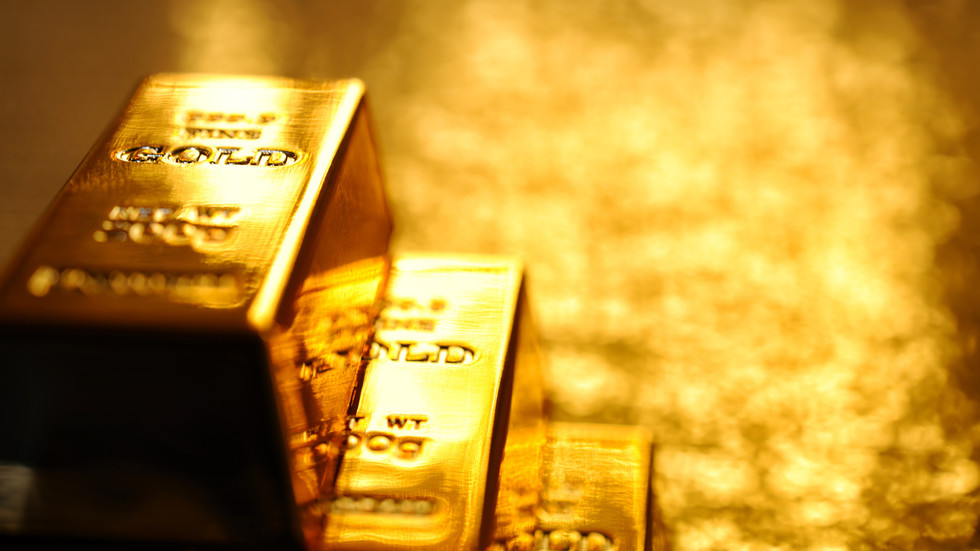Traders work on the floor of the New York Stock Exchange (NYSE) on Oct. 30, 2023 in New York City.
Spencer Platt | Getty Images News | Getty Images
This report is from today's CNBC Daily Open, our international markets newsletter. CNBC Daily Open brings investors up to speed on everything they need to know, no matter where they are. Like what you see? You can subscribe here.
What you need to know today
Russia-North Korea partnership
Russia and North Korea signed a "comprehensive strategic partnership" deal on Wednesday, including a mutual defense pact, during President Vladimir Putin's first state visit to North Korea in 24 years. Putin received a grand welcome from North Korean leader Kim Jong Un, who expressed full support for Russia, including its actions in Ukraine. The partnership has raised concerns among Western officials. CNBC's Holly Ellyatt has more insights into this marriage of convenience.
On hold
The Bank of England is expected to hold interest rates despite inflation falling to its 2% target ahead of the upcoming general election. Money markets predict a low probability of a rate cut in Thursday's meeting, with bets on an August cut also trimmed. While the 2% inflation mark is significant, it was anticipated and mainly driven by lower energy prices. Further fluctuations are expected as the impact of energy prices diminishes.
Musk clarifies remarks
Elon Musk attempted to clarify his controversial remarks after advertisers threatened to leave X. Musk previously told advertisers to "go f--- yourself." He explained it was about free speech, not directed at the entire advertising industry. "It wasn't to advertisers as a whole," Musk said at the Cannes Lions advertising festival in Cannes, France. "It was with respect to freedom of speech. I think it is important to have a global free speech platform, where people from a wider range of opinions can voice their views."
Mixed Europe
The U.K.'s FTSE 100 inched up ahead of an interest rate decision expected Thursday as inflation dropped to the BOE's 2% target for the first time in three years. France's CAC 40 gave up some of the previous session's gains as investors await an economic manifesto from the far-right National Rally, which is expected to win the country's upcoming parliamentary elections. The index fell more than 6.2% last week, marking its worst weekly loss since March 2022. The Stoxx 600 index ended the session down 0.18%. Wall Street was closed for the Juneteenth public holiday.
Box office revival
Recent family-friendly films like Disney's "Inside Out 2" have helped revive movie theaters, boosting box office sales after a slow start to the year. The success of these films has given theater operators optimism for the rest of 2024, with upcoming releases like "Despicable Me 4" expected to contribute to a potential box office rebound. While the domestic box office is still down compared to previous years, the momentum generated by these family films could be a significant factor in closing the gap.
[PRO] Megacap correction?
Megacap stocks like Nvidia and Eli Lilly are propelling the S&P 500 and Nasdaq to new heights, but their meteoric rise has Wall Street concerned about a potential pullback. Could these giants, which have outperformed the broader market, be setting the stage for a significant correction?
The bottom line
The script should read $16 billion in investments, 10,000 new jobs, investment bankers choosing Paris for their European headquarters and a stock market bigger than London's. It should be a vote of confidence in France under President Emmanuel Macron. Instead, a poor showing in European polls, the rise of the far-right euroskeptic National Rally and Macron's shock snap election have roiled the markets.
While Marine Le Pen has moved the far-right party to the center, her protégé Jordan Bardella could define France's future. Bardella, with familial roots in Algeria and Italy, grew up in the much-maligned Paris banlieues, symbolizing inequality in the French capital, according to Joseph Downing, a visiting fellow at the London School of Economics.
Bardella said on Wednesday he would refuse the role of prime minister if his party doesn't secure an absolute majority in the upcoming parliamentary election. Polls predict the anti-immigration National Rally (RN) could win the June 30 and July 7 elections, but achieving the absolute majority necessary to govern independently might be a reach.
"For while the National Rally's rise in part reflects a successful political strategy, it is also an expression of the failure of Europe's mainstream to address vital issues such as the cost of living over decades," writes Downing. "This inability to deliver the basics is a key reason why many voters are now turning to the far right."
During the cost of living crisis, France spent more than the U.K. and Spain as a proportion of GDP. From February 2021 to May 2023, France spent $98.4 billion protecting businesses and households, while the U.K. allocated $86 billion, according to the OECD.
RN has yet to present its economic proposals, although Bardella hopes to slash VAT on essential items like food and gasoline. These proposals will be keenly scrutinized by markets. As CNBC's Jenni Reid writes, Goldman Sachs expects worse to come for stocks amid political risk.
Naeem Aslam, CIO of Zaye Capital Markets, said, "It is imperative the economic manifestos are relayed in a clear and concise manner and, more importantly, that they can generate growth in the country. Given the popularity of the right-wing, investors are concerned that things can go wrong very quickly if an inappropriate approach is adopted."
Whatever the outcome of the upcoming elections, investors must be hoping that, like Italy's Giorgia Meloni, the French far-right will moderate its policies when in power.
— CNBC's Dylan Butts, Jenni Reid, Ryan Browne, Sarah Whitten, Karen Gilchrist, Holly Ellyatt and Sean Conlon contributed to this report.

.png) 5 months ago
20
5 months ago
20







